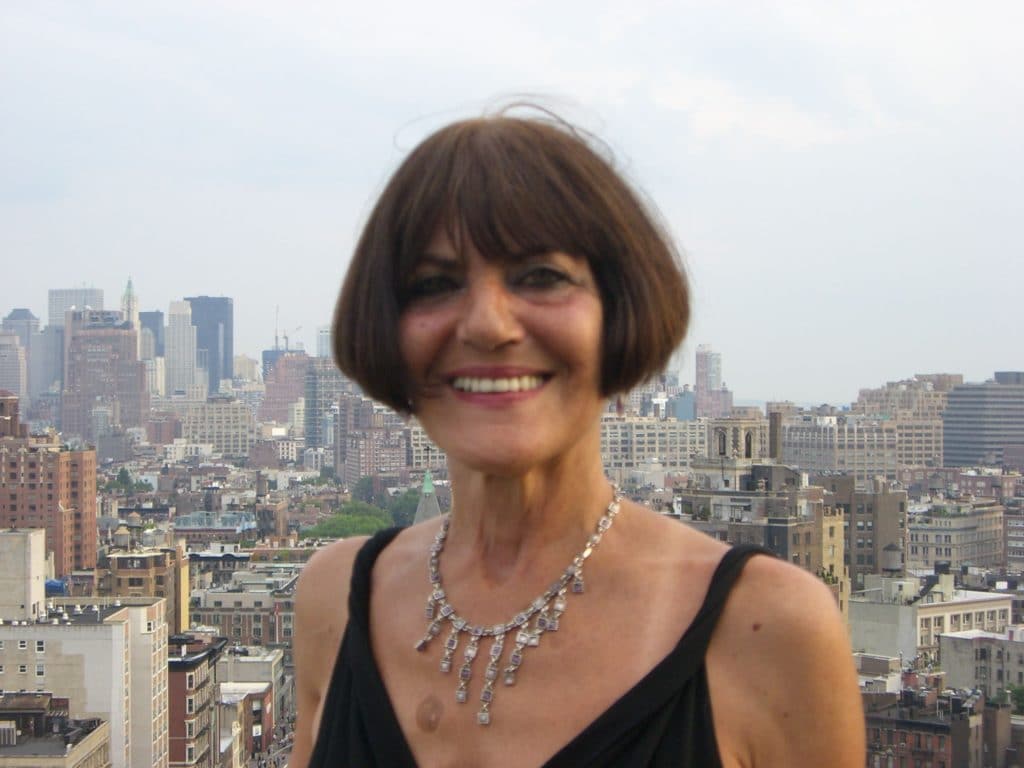Lois Holzman: What Does it Mean to Be Alive?
TEDxNavesink presenter Lois Holzman will be talking about the role of play in psychology.
Here’s a taste of her thoughtful take on our themes this year.
As a developmental psychologist, I have to keep up with discoveries and emerging movements in a host of fields outside of psychology—after all, human development is emotional, cultural, political, economic, and much more. I’ve learned so much from people in the theater, especially those who practice and theorize performance.
For about a decade or so, people all over the world have been discovering each other as part of a global movement for “performance activism.” What’s meant by that term is that what it means to be alive is to perform and play, and that making a better world needs to involve people in creating new performances of ourselves (new “plays”) because how we’re currently performing—as a species—is, well, pretty horrific.
I’m one of many in the social sciences, education, medicine and theater who are involving all kinds of people in creating community projects, program and organizations that support adults and children to create new performances of ourselves, both on stage and off. I also speak to the academic world about performance as a critically important but overlooked topic of study in psychology, about how our ability to be who we are and other than who we are at the same time is what learning and developing are all about. And I experience an enormous desire on the part of students and scholars, and lay people alike, for this new hopeful, “radically humanistic” way of seeing and relating to people as active performers of development and change.
One of the innovators I’ve learned a lot from is Richard Schechner. Richard is a professor at New York University’s Tisch School of the Arts and the founder of the field know as Performance Studies. He is justifiably known and respected all over the world as a brilliant scholar, innovative theater director and committed activist. I want to introduce Richard to you by sharing an excerpt from a recent talk of his. The topic was performance activism—this emerging global movement for social transformation through the use of play and performance—both in the form of “plays” and in how people live their day-to-day lives. Unlike the activism of the 20th century, which was for the most part ideology based and focused on politics and economics, performance activism is radically relational—a social, collaborative process of discovery and creation—of new ideas, new roles, new relationships and new activities.
In his talk at the 2012 Performing the World conference in October 2012, Richard spoke of the emergence of “a new third world” of people who relate on a performative and not an ideological basis. They are, he said, guided by the following principles:
- To perform is to explore, to play, to experiment with new relations
- To perform is to cross borders, not only geographic but emotional, ideological, political and personal
- To perform is to engage in life-long activity study, to grasp every book as a script, as something to be played with, interpreted, reformed and remade
- To perform is to become someone else and yourself at the same time, to empathize, react, grow and change.
These principles resonate deeply with me. What about you? Let me know and we’ll perform a conversation!
Developmentalist Lois Holzman is a leadership voice within a growing movement in psychology and education that has turned to the study of play and performance as catalysts for human growth. In a recent post in Psychology Today, Dr. Holzman describes how “what it means to be alive is to perform and play, and that making a better world needs to involve people in creating new performances of ourselves (new “plays”) because how we’re currently performing—as a species—is, well, pretty horrific.”


Lois Holzman » What Does It Mean To Be Alive?
May 07, 2014 @ 18:11:43
[…] the title TEDxNavesink gave to an item on their blog that that features me—I like it! I’ve enjoyed and hated (sometimes in the same moment) […]